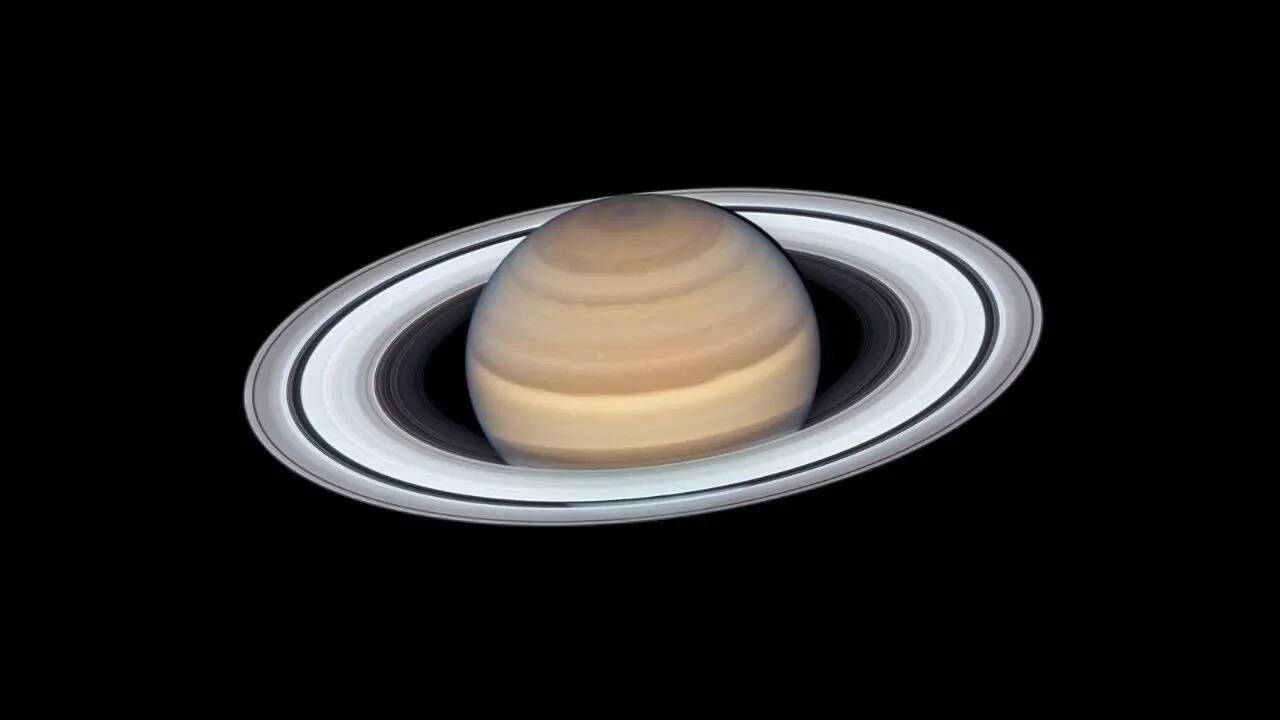Mysterious object may have crashed into Saturn, astronomers still searching for clues

From Earth possibly sitting in a vast cosmic void to an interstellar comet's solar system journey and a mysterious Saturn collision, space discoveries reveal awe-inspiring mysteries and celestial wonders.

All major sources, one page
Feel the mood behind headlines
Know what’s trending, globally
Get summaries. Save time
8,258
125
211
2 hours ago
Stay sharp in 60 seconds. Get concise summaries of today’s biggest stories — markets, tech, sports, and more
All major sources, one page
Feel the mood behind headlines
Know what’s trending, globally
Get summaries. Save time
8,258
125
211
2 hours ago
Stay sharp in 60 seconds. Get concise summaries of today’s biggest stories — markets, tech, sports, and more